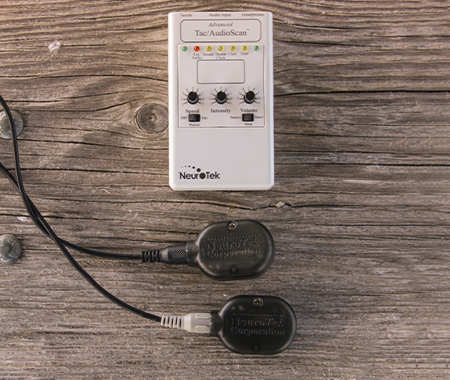 When you’ve done a good amount of talk therapy…
When you’ve done a good amount of talk therapy…
You probably know what your issues are – your wounds and your patterns.
But for some reason, you find yourself repeating the same unhelpful behaviors you’ve done for years.
Perhaps you just can’t shake those negative beliefs about yourself, even when you know they’re not true.
Or you keep judging yourself because you find yourself attracted to certain unhealthy relationships.
Whatever it is, you’re tired of the pain and exhaustion you have carried for so long.
Therapy’s on your mind lately…
… because you need relief from your anxiety. Meditating and deep breathing are no longer enough.
But you fear having to talk about all those things you don’t want to talk about.
From what you’ve seen on TV and in movies (or maybe from your own experience), you tell the therapist what you’re going through, and they tell you what’s wrong.
But you don’t buy it. How could they know what’s really going on??
 When we think of trauma…
When we think of trauma…
We often think of something horrible like a violent attack, sexual assault, death of a loved one, war, or a natural disaster.
But trauma can be caused by something much more subtle, like not having your needs met as a child or feeling rejected.
Trauma is not an event itself; it’s the overwhelming stimulation in our bodies caused by the event.
That trauma response gets stored in our bodies and remains there if we don’t have a safe, effective way of processing what happened.
EMDR can help.
Eye Movement Desensitization and Reprocessing (EMDR) is a therapy that engages the mind and body to help you recover from past trauma.
After any traumatic event, the images, thoughts, and emotions can remain. These traumatic remnants can make your mind and body overreact in the present (flashbacks), triggering you to relive the trauma over and over again.
EMDR Therapy uses bilateral stimulation to help you reprocess these memories so that you can heal. This method allows your brain and body to “connect the dots” so that the memories lose their upsetting effects.
And it works without having to talk extensively about the details of what happened!
It’s time to try something new. Let’s talk more during your free 20-minute consultation: (805) 430-4277.

